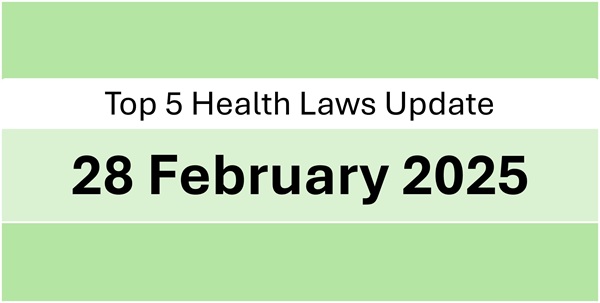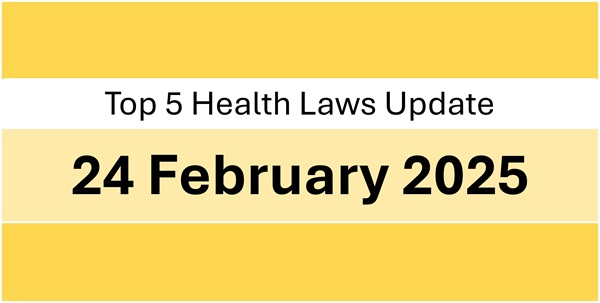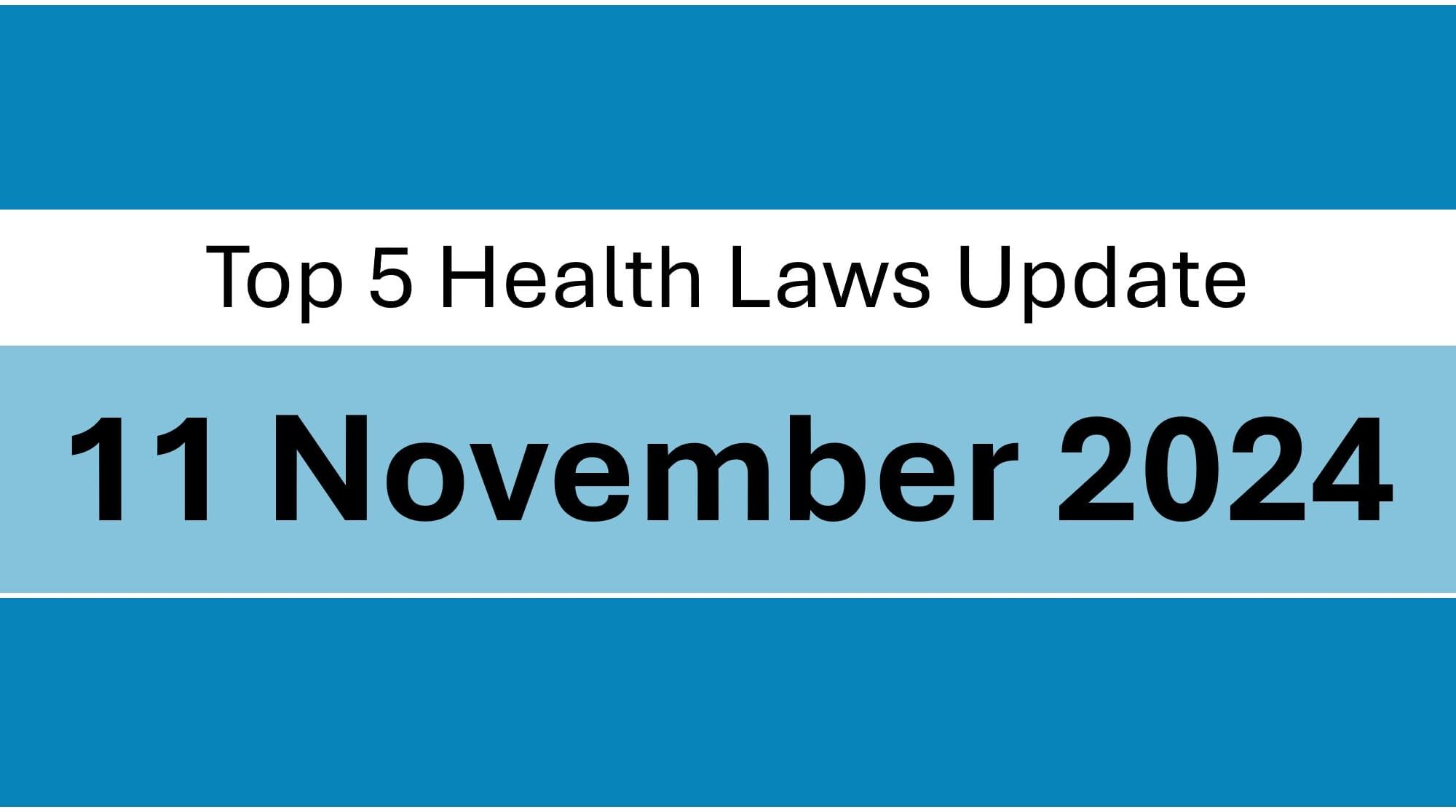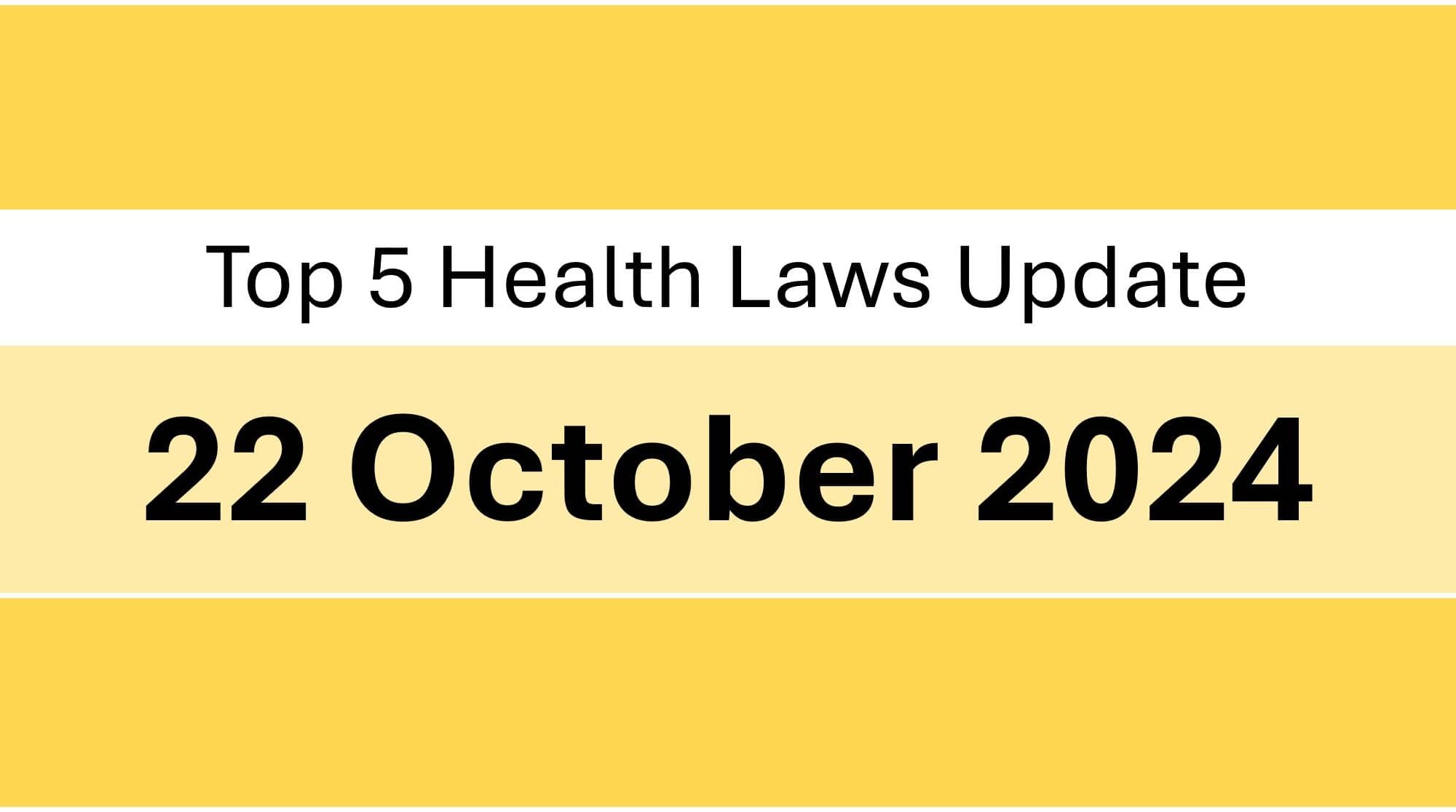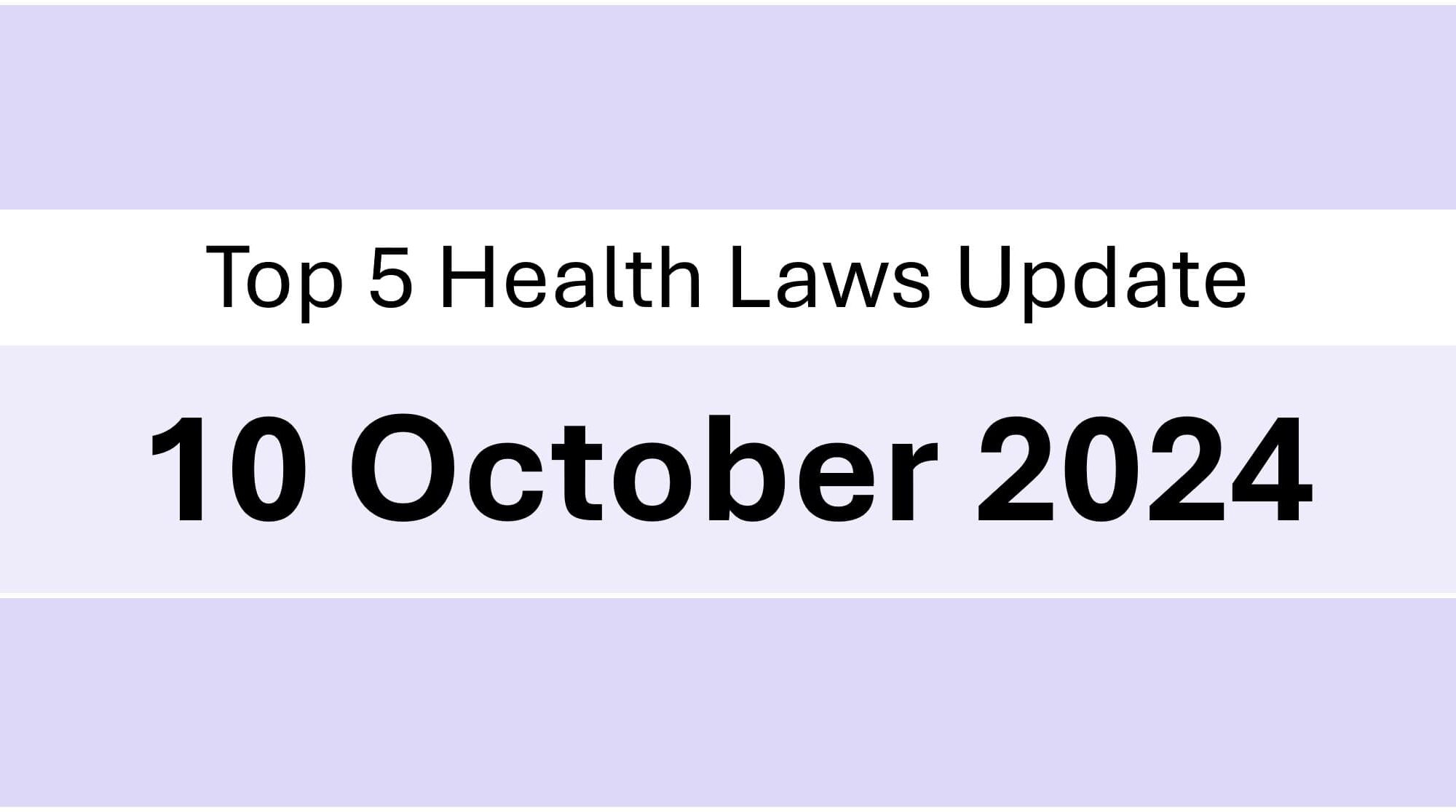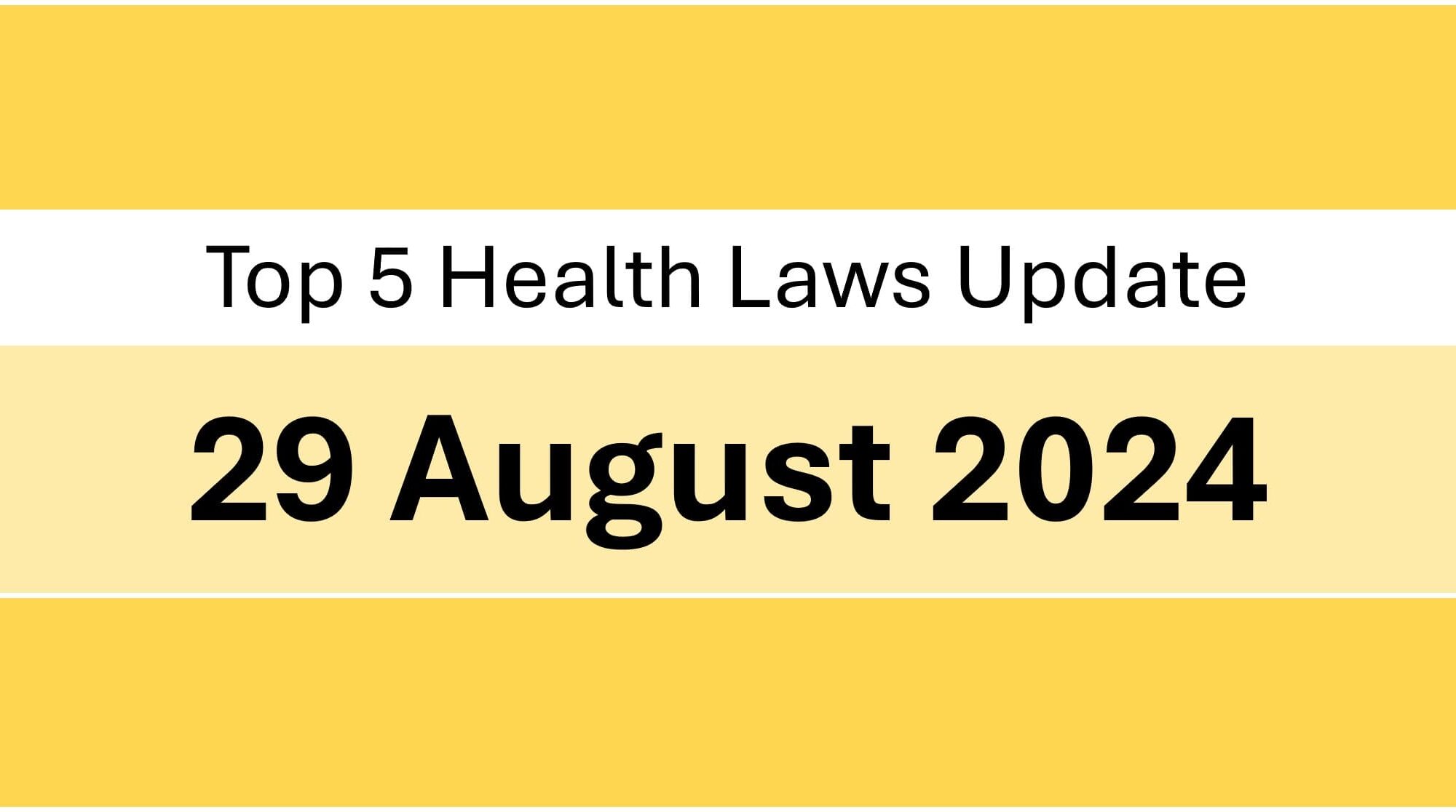Dear Readers, we are happy to share the most interesting legal and policy updates concerning health industry that we read today. we hope you enjoy reading it.
1. The Madras High Court has refused to pass interim order staying the controversial gaming law in Tamil Nadu, which prohibits minors under 18 years from playing games and generally imposes restrictions on gaming between 12 am and 5 pm.
Source: bit.ly/43hwJYX
2. Andhra Pradesh’s Director of Medical Education has instructed government medical colleges and hospitals to ensure doctors prescribe drugs using generic names. The ethical guidelines applicable to doctors mandate prescription in generic names, and brand name may be used in addition.
Source: bit.ly/43nG6WS
3. India’s Department of Pharmaceuticals (DoP) has established a technical committee to devise strategies aimed at enhancing supply chain resilience and reducing reliance on China for pharmaceutical products. This initiative, part of the Indo-Pacific Economic Framework, aims to strengthen key industries like healthcare and chemicals.
Source: bit.ly/43aZ1UZ
4. India’s Central Food Regulator (FSSAI) will reportedly release new Maximum Residue Level (MRL) values for 98 spices, up from the current values for 18 spices. A SOP guidance to fix MRL for pesticides is expected to be published soon as well.
Source: bit.ly/4h19LZl
Source: bit.ly/41luW2f
5. Delhi High Court has remarked that the government should put in place a legal framework to tackle “e-infringement” of trademarks in e-commerce. Since multiple parties are involved in e-commerce, it is difficult to determine who is responsible for infringement.
Source: bit.ly/4hX8TpY

